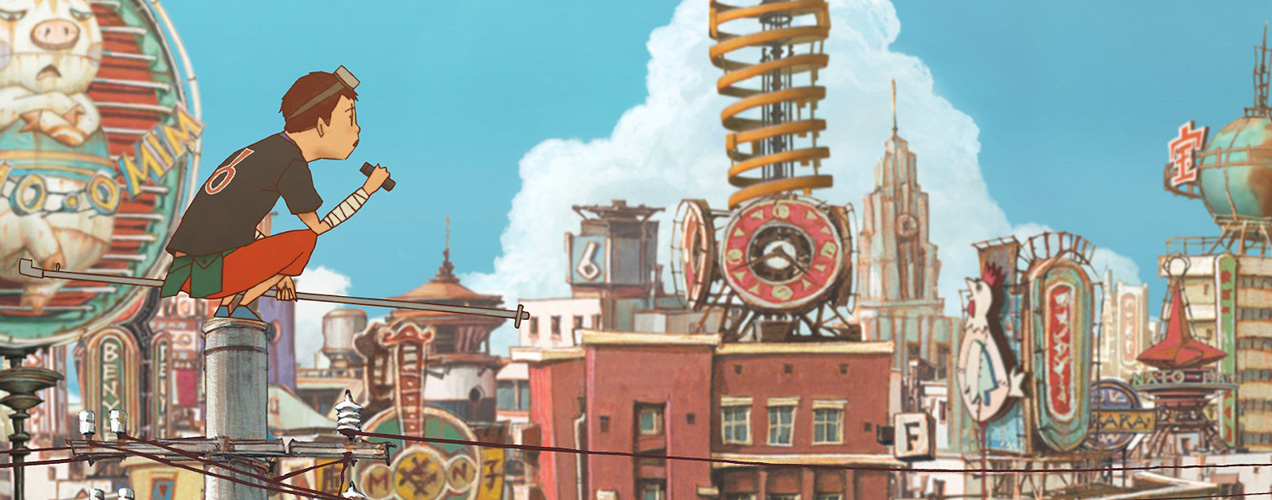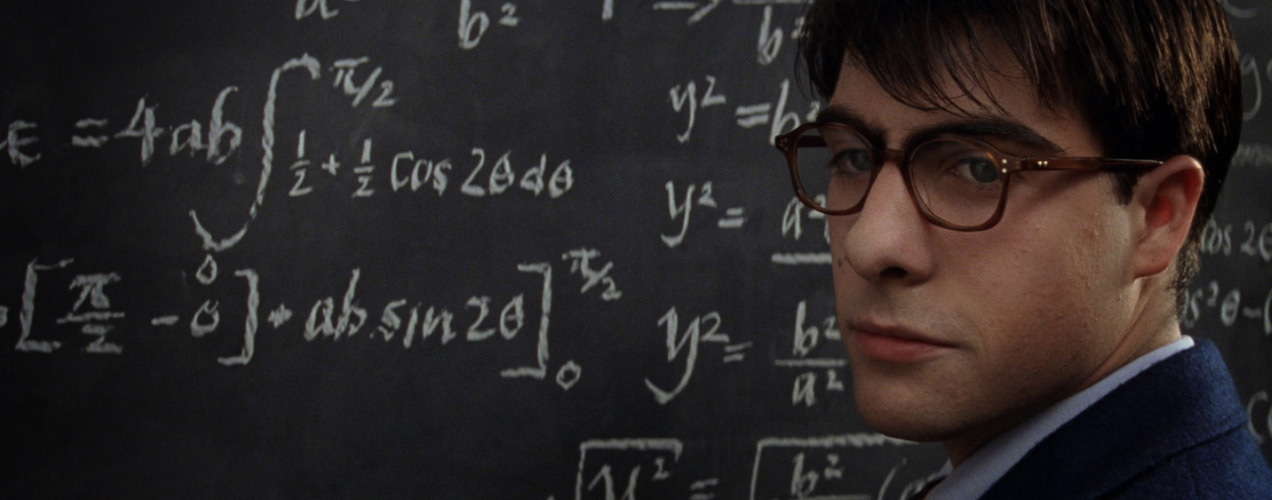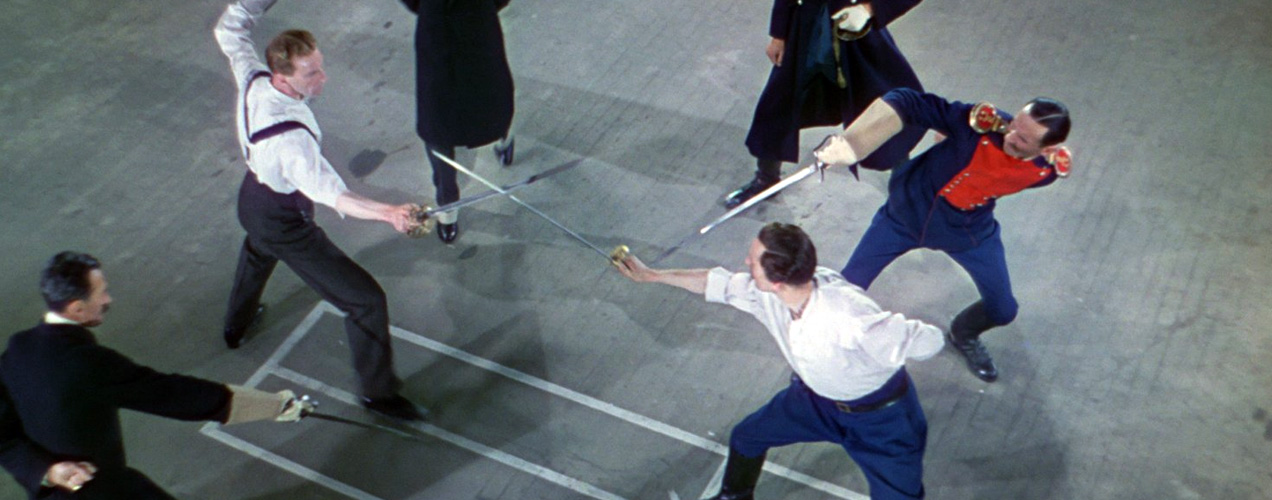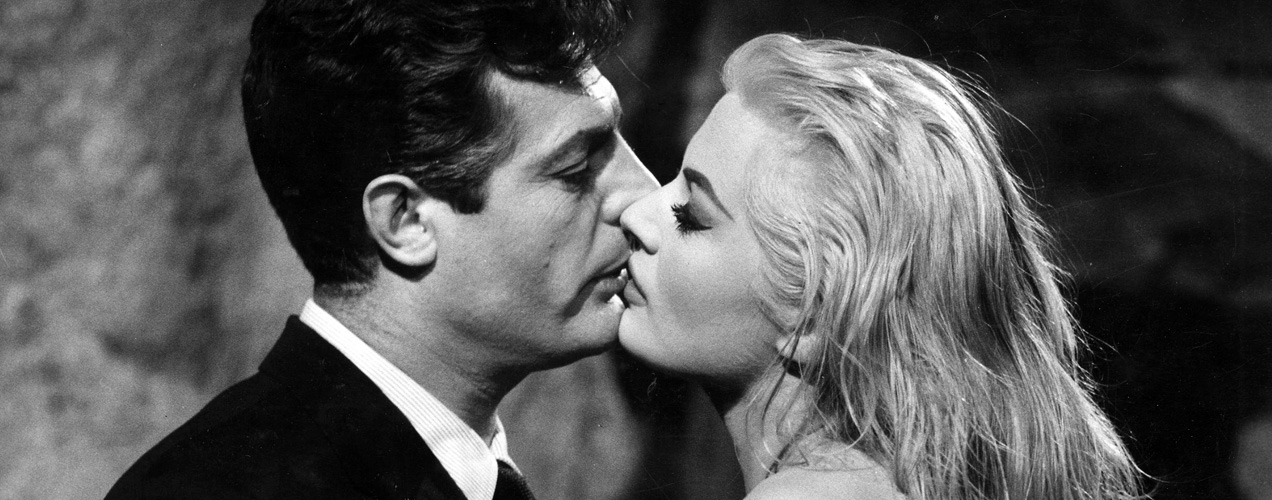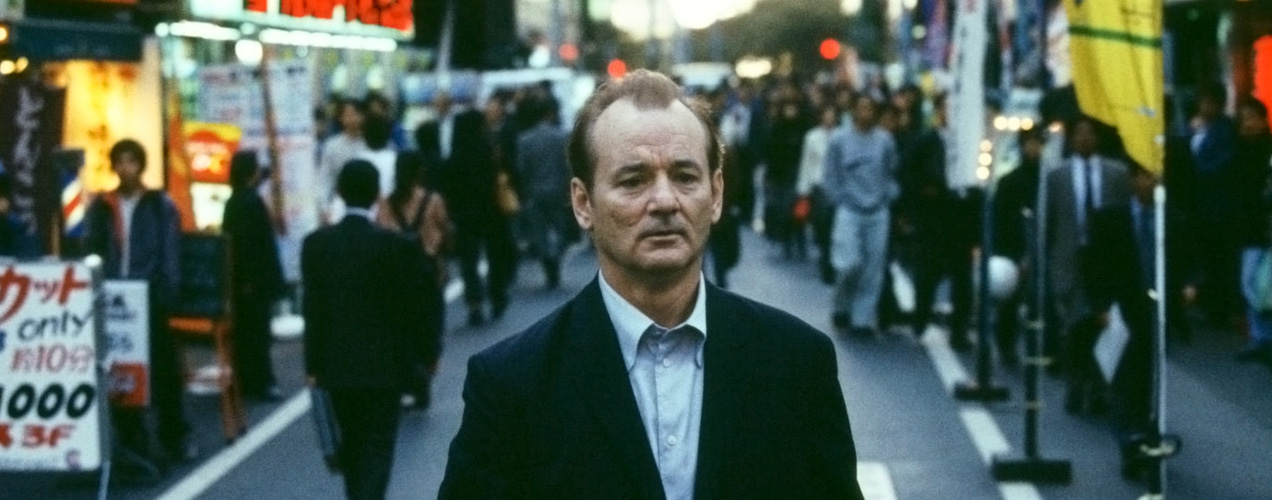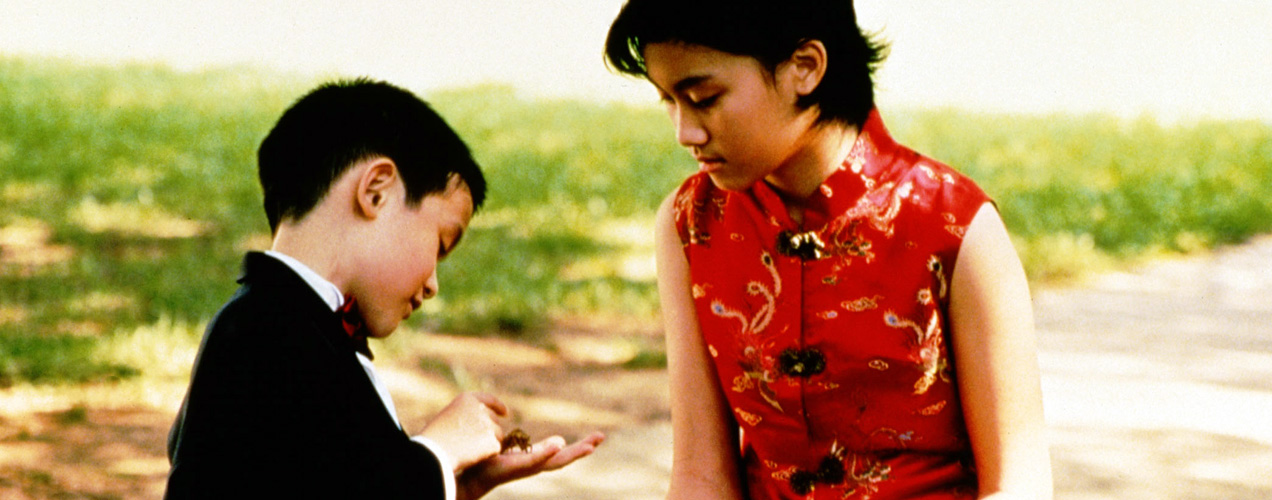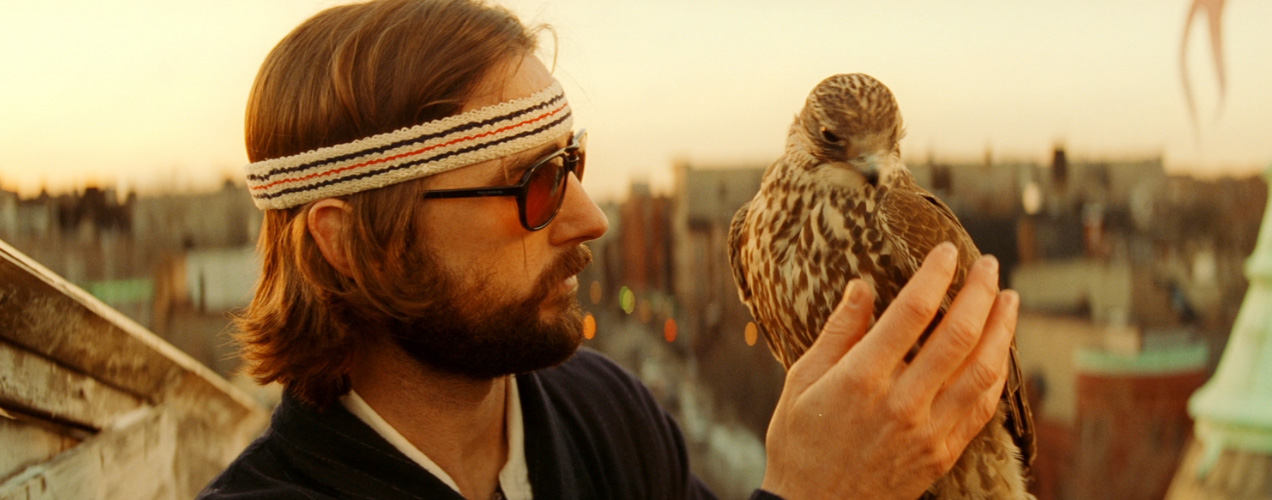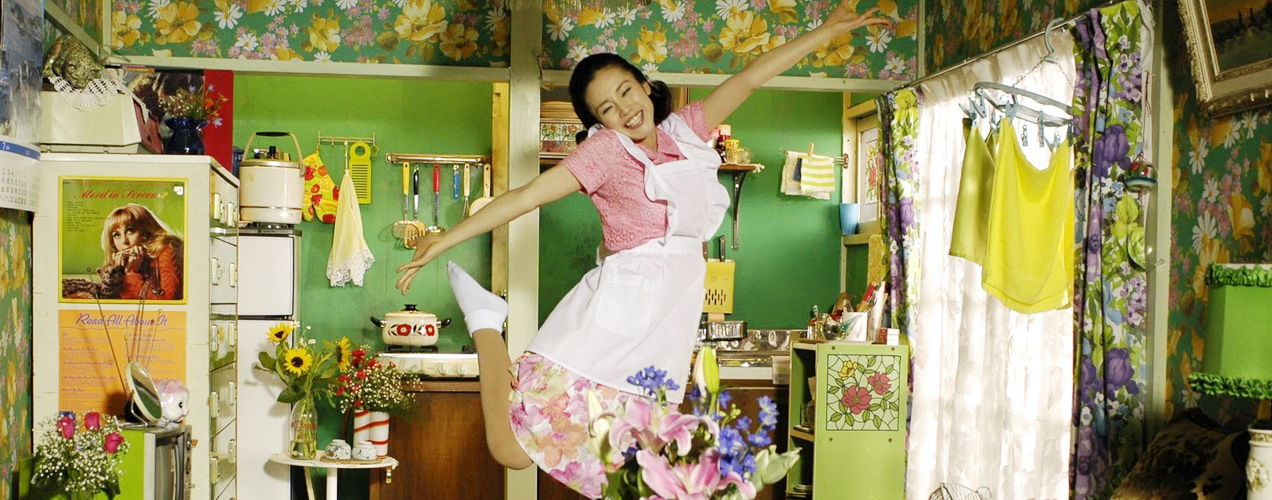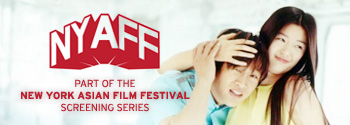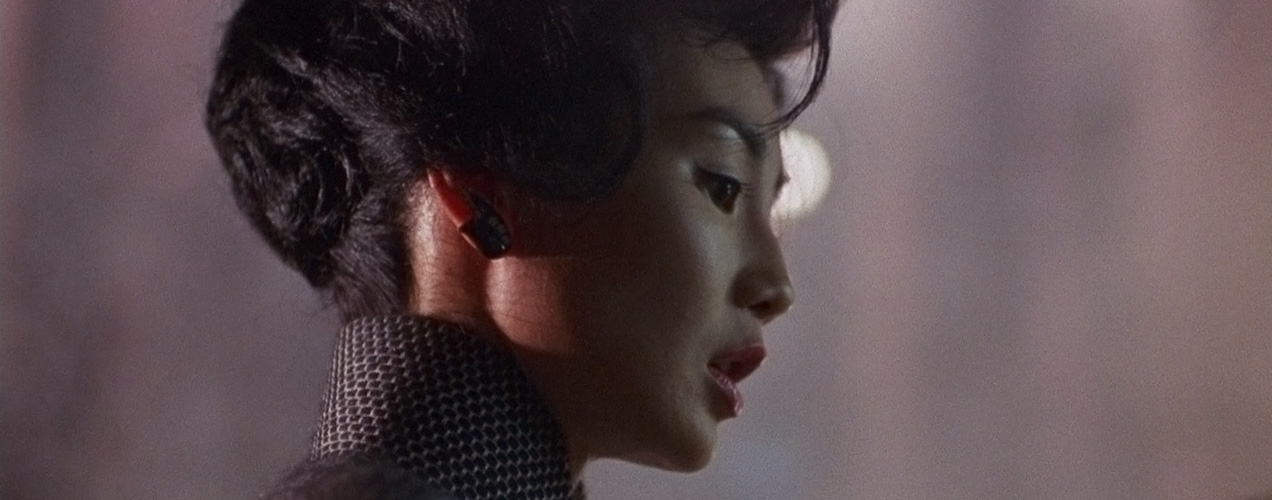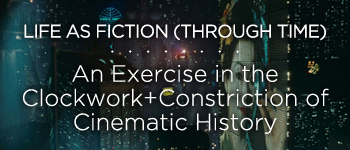
Tekkonkinkreet by Michael Arias is the yearly favorite from 2006 as listed in Life as Fiction (Through Time): An Exercise in the Clockwork and Constriction of Cinematic History, a project to chronicle my favorite film from each year since 1921.
2006 / Michael Arias > Tekkonkinkreet paints a portrait of adolescence with the right pigments and shades, with beauty and sorrow, loneliness and anger all packed into tight spaces that refuse to go away once the credits roll. Arias and Studio 4°C’s inventive style fits the bill perfectly, with its depiction of the fictional Treasure Town’s grimy streets and the two youthful protagonists’ parkour-style street running. But it’s not just about how pretty it all is. The writing is superb, capturing brotherhood in a way that’s neither sensationalist nor ideal. Violence and loyalty are two thematic elements that carry the film from beginning to end: The former as a medium by which to prove the latter. It’s got the kind of gutsiness that can provoke the imagination as well as the heart.
Originally posted on October 6, 2008.

